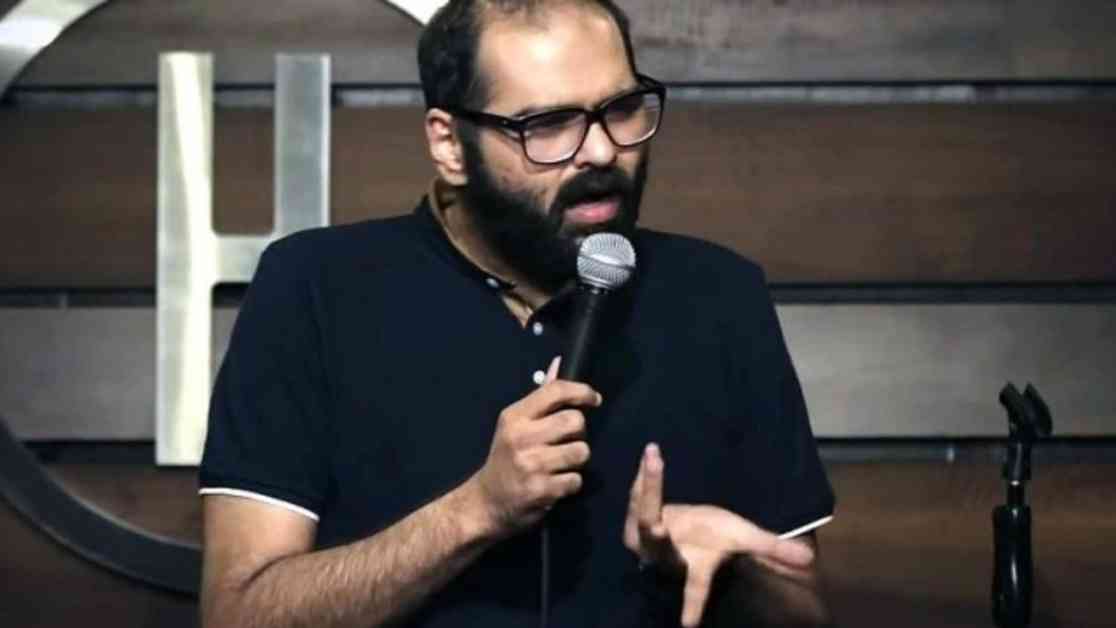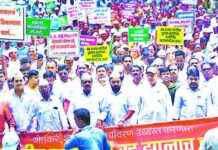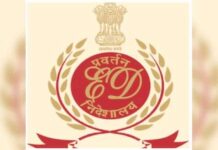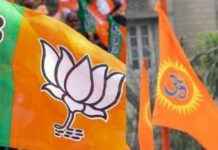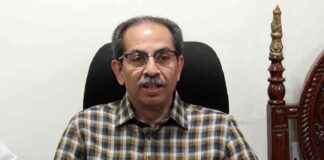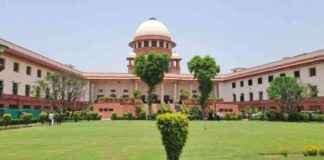Bombay High Court Invalidates Provision for Social Media Monitoring Unit
In a landmark decision, the Bombay High Court has invalidated provisions for setting up a Fact Checking Unit (FCU) to monitor content on social media. The ruling came after a third judge, Justice AS Chandurkar, concurred with Justice Gautam Patel’s view that the 2023 amendments to the Information Technology Rules were unconstitutional. The case was brought before the court by stand-up comic Kunal Kamra, the Editors Guild of India, and the Association of Indian Magazines, who challenged the validity of the amended Rules 3(i)(II)(A) and (C) of the Information Technology Rules, 2023.
Background of the Case
The matter was initially heard by a division bench comprising Justice Gautam Patel and Justice Neela Gokhale, who delivered a split verdict on January 31. While Justice Patel struck down the amendments to the IT Rules, citing violations of constitutional principles, Justice Gokhale upheld their validity and dismissed the petitions. Subsequently, the case was referred to a third judge, Justice AS Chandurkar, for a final decision. The petitioners argued that the rules imposed restrictions on freedom of speech and expression by compelling intermediaries to take down content flagged by the government’s fact-checking unit.
Arguments and Ruling
The petitioners contended that the terms “business of the central government” were vague and could be misused to stifle dissent and criticism. They raised concerns about the chilling effect on speech and expression if intermediaries were forced to comply with the government’s directives. However, the Solicitor General of India reassured the court that the rules were intended to address misinformation related to government activities and not to curb political discourse or satire. Justice Chandurkar, in his ruling, emphasized the need for concrete evidence of harm caused by the implementation of the rules before challenging their validity.
Implications of the Decision
The Bombay High Court’s decision to invalidate the provisions for the FCU has significant implications for online freedom of expression in India. It reaffirms the importance of upholding constitutional principles and protecting individuals’ right to voice their opinions without fear of censorship. The ruling sets a precedent for future cases involving government oversight of social media content and underscores the judiciary’s role in safeguarding democratic values.
In conclusion, the Bombay High Court’s ruling on the invalidation of the provisions for the FCU marks a victory for free speech advocates and individuals seeking to express themselves online without interference from government authorities. The decision underscores the judiciary’s commitment to upholding constitutional principles and protecting fundamental rights in the digital age.
